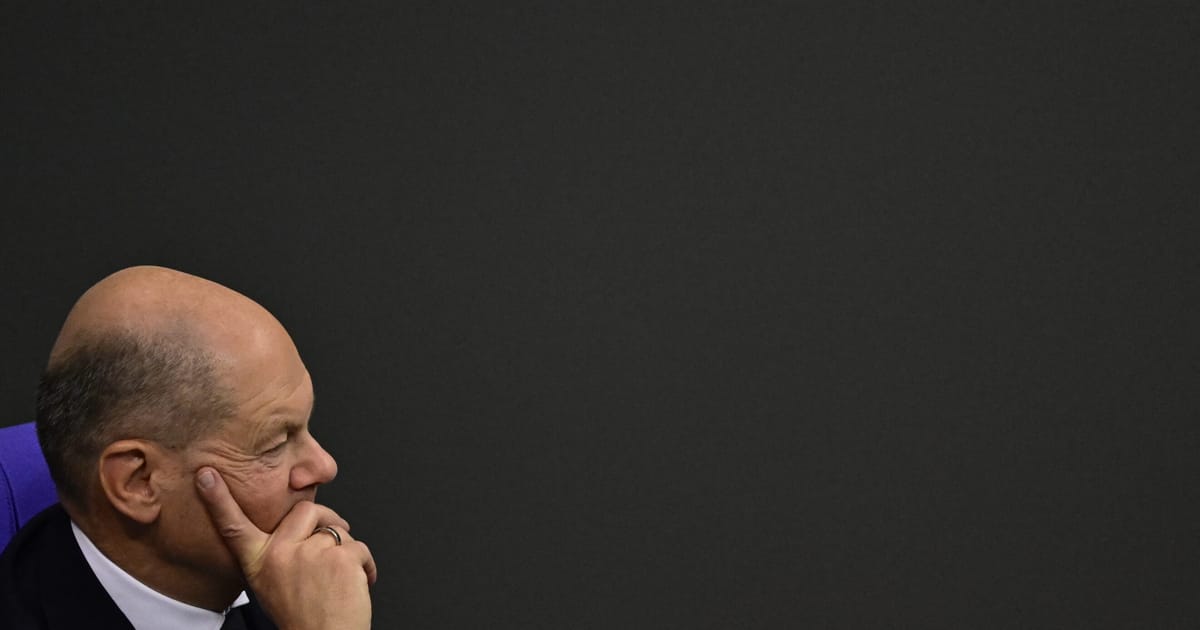Ukraine’s senior leadership was ambivalent, at best, about the call.
“President (Zelenskyy) told (Scholz) that Putin would not say anything new and that talking to him would only help him get out of isolation,” a Ukrainian official close to Zelenskyy, who was granted anonymity to discuss the sensitive subject, told POLITICO.
Scholz and Putin agreed to remain in contact, according to a German government official, who added that Scholz “emphasized that the deployment of North Korean soldiers to Russia for combat missions against Ukraine is associated with a serious escalation and expansion of the conflict.”
In a speech to parliamentarians on Wednesday, Scholz had lauded his “prudent” Ukraine policy, which, according to him, had helped avoid further escalation of the full-scale conflict which Putin has been waging for years now.
“I emphasize that I think it is right that I have, without change, played my part in ensuring that there has been no escalation,” Scholz said in the Bundestag.
Scholz has long sought to strike an awkward balance on Ukraine, touting the fact that Germany has provided more military aid to Kyiv than any other European country, while also depicting himself as a leader who can prevent the war from spiraling out of control.
Members of his SPD even refer to him as the “peace chancellor.”
This story has been updated.
